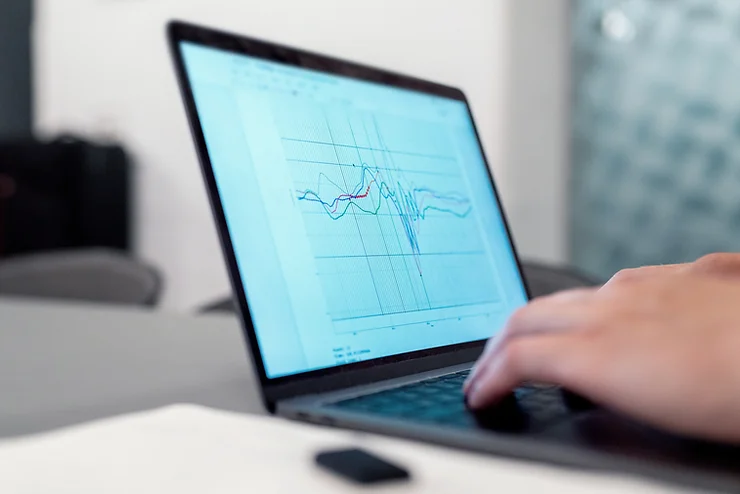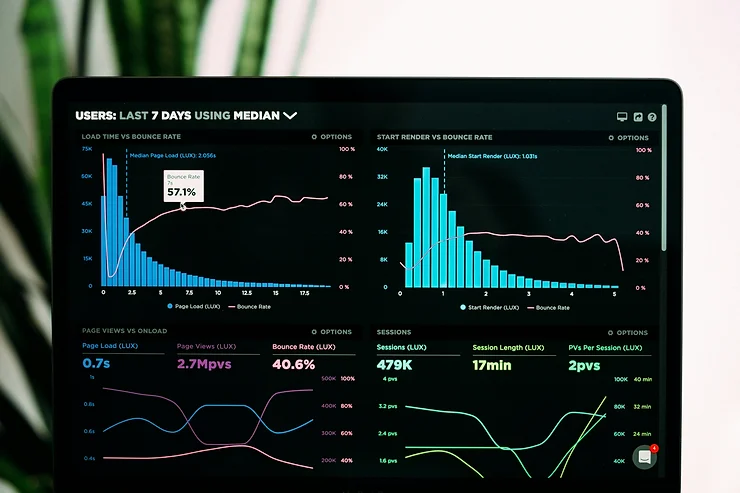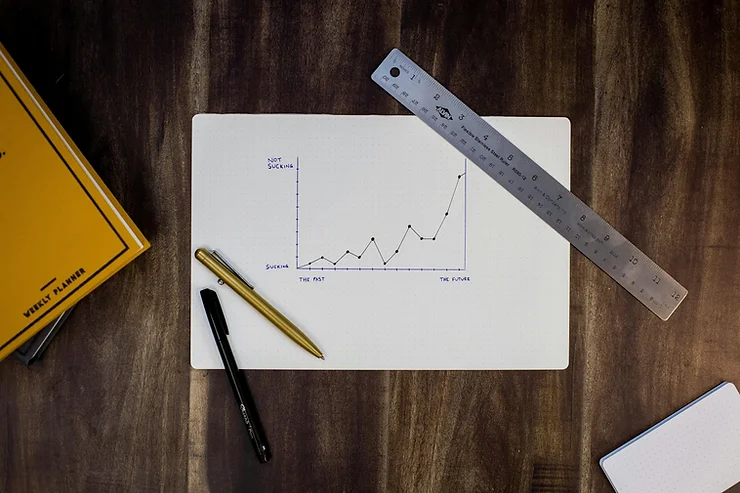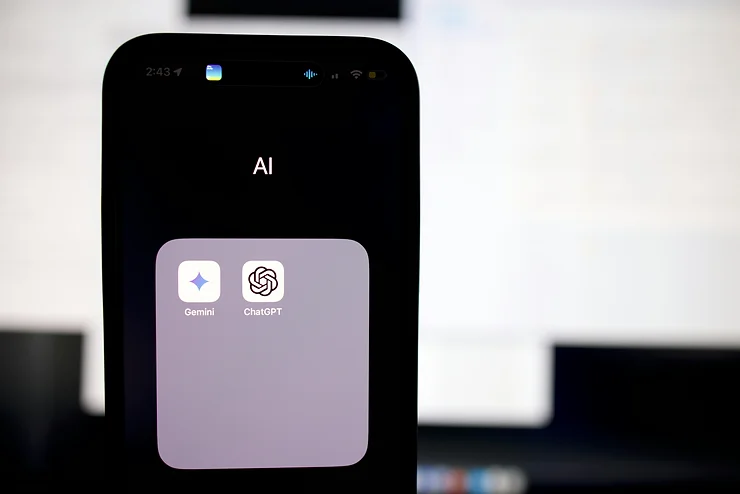How is the Data Analytics vs. Data Science Debate Relevant?
One of the biggest technological finds of the modern age, big data, has emerged as a crucial entity. The whole world has played a massive role in data growth in recent times. Starting from texts and emails to user searches, IoT devices and social media chatter, we are creating data with every online activity. Data analytics has become more important than ever due to the humongous collection of data available now, alongside the complexities in existing data processing and analysis systems. The arrival of data analytics and science helped in drawing meaningful information from the massive collections of data.
However, many people have been using both terms interchangeably because both of them deal with data. Are they similar? Well, data science and data analytics are similar to each other to a certain extent. On the other hand, they have completely different paths, and the professionals working in the two fields have different skill profiles. Find more information on high-performing data analytics solutions with Visvero right now.
What Are the Differences between Data Science and Data Analytics?
The growing use of data in businesses has been largely possible due to many digital advancements. As a result, organizations have started thinking about the possibilities for leveraging the humongous volumes of data for business benefits. On top of it, many professionals are working on developing data skills to find lucrative job prospects. The job of a data analyst is considerably different from that of a data scientist. Let us understand each discipline clearly to uncover the differences between them. You can identify modern data analytics solutions for your business with Visvero right now.
What is Data Analytics?
The overview of big data analytics can offer a good start for the comparison between data analytics and science. Data analytics is basically the process or methodology for analyzing data to derive answers to questions or extract relevant insights. Data analytics helps in the identification of notable trends in the data produced by businesses. Interestingly, the wide range of tools, frameworks and techniques available for data and analytics use cases is another prominent strength. You can find four notable types of data analytics such as,
-
Descriptive analytics focuses on examining, understanding, and describing an incident that has already happened.
-
Diagnostic analytics focuses on the reason behind certain events.
-
Predictive analytics utilizes historical data, assumptions, and past trends to answer questions about possible future events.
-
Prescriptive analytics focuses on identifying specific recommendations to achieve future goals or targets.
When you are implementing data analytics methodologies and tools in a business environment, you are basically using business analytics. Organizations can use analytics to extract meaningful information from data they have and use the insights to improve their strategies. Dive deeper into data analytics and its value benefits for your business with Visvero right now.
What Are The Noticeable Use Cases of Data Analytics?
The search for differences between data science and data analytics will also draw attention towards the practical use cases. You can find many practical applications of data analytics in different industries. For example, the use of data analytics in healthcare industry helps in fighting against fraudulent insurance claims. Here are some of the general uses of data analytics.
-
Businesses can use historical data pertaining to sales, costs, and revenue to identify the necessary budgeting and forecasting requirements.
-
The proactive identification of certain business risks can also help in cost-effective and productive risk mitigation strategies.
-
With a detailed impression of key metrics, like the lead-to-customer conversion rates, analysts could recognize the scale of efforts required in marketing and sales for achieving desired goals.
-
Another promising benefit of big data and analytics is the focus on innovative product development. The feedback of customers for different product features in the past could help in shaping up new product development. In addition, data analytics can help in identifying viable scope for modifications in existing products with the emphasis on personalized user experiences.
What is Data Science?
Now that you know about data analytics and its benefits in healthcare and other practical applications, it is important to look for the definition of the other player in the debate. Data science focuses primarily on creating, refining, and organizing datasets rather than just investigating datasets to obtain insights. Data scientists generally develop and use algorithms alongside statistical and custom analysis models to collect and shape raw data into comprehensible formats. The work of data scientists includes verification of the quality of data sources to determine the success of algorithms. On top of it, the most prominent line of difference between data analytics and data science is the emphasis on critical thinking in the latter. Some of the key functions in this field are,
-
Data wrangling is the process of refining data and organizing it so that it is more understandable.
-
Another crucial function that matters significantly for business data analytics is statistical modeling. The statistical modeling process involves passing data through different models such as classification, regression or clustering models. Statistical modeling helps in recognizing the relationship among different variables while providing insights.
-
The next critical function in data science reflects profoundly on programming. Data scientists have to create programs and algorithms in various languages which can support the analysis of large datasets.
The functions in data science showcase how they serve as the foundation for data analytics. As a matter of fact, data analytics is incomplete without the facility of organized datasets to study. Data scientists use different methods such as data wrangling statistical modeling alongside designing algorithms to investigate large datasets. Find how data science and data analytics complement each other with guidance by experts at Visvero right now.
What Are The Use Cases of Data Science?
The highlights of the difference between big data analytics and the work of data scientists would also reflect on how both of them serve different goals. Here are some of the notable use cases of data science.
-
Identification and resolution of common mistakes in interpreting datasets, visualizations and metrics.
-
Development of hypothesis, execution of experiments, and evidence collection empower individuals to recognize business challenges and relevant solutions.
-
Adoption of data-powered decision making approaches with the backing of statistical evidence for business decisions.
-
Comprehensive understanding of the market size, competition, opportunities, risks and consumer trends for a particular industry.
The different use cases of data science reflect on how it is a significant highlight for data analytics. In simple words, you can find that data analytics won’t work without the science behind it.
Is Data Analytics Better than Data Science?
The basic overview of the use of big data analytics in healthcare and other sectors sheds adequate light on the importance of data analytics. On the other hand, what can you do in data analytics without access to refined data? Here are some of the notable points of difference that can showcase how data analytics differs from data science.
-
Objectives
The objective of data analytics in data management for enterprises primarily focuses on obtaining insights or conclusions from existing data sources. On the other hand, data scientists work on creating predictive models and algorithms. In a way, data scientists build their own datasets to cater to specific objectives of data investigation.
-
Field of Application
The examples of healthcare claims in data analytics use cases show that it presents a broad range of use cases. However, data analytics has a limited scope of applications as the uses of data analytics are limited in the business sector only. On the contrary, data science is a broader field and opens up the scope for improved diversity of applications.
The overview of differences between data analytics and data science shows that both of them are significant in the emerging field of data processing and analysis. Each discipline has something to contribute to the larger scheme of using data in better ways to improve business productivity. Learn how to use data analytics to your advantage with trusted solutions by Visvero right now.











